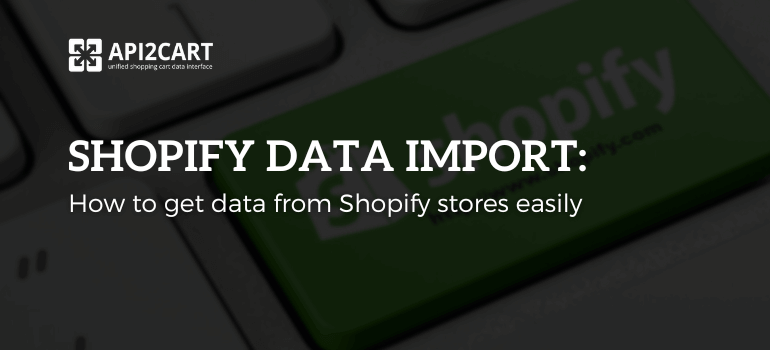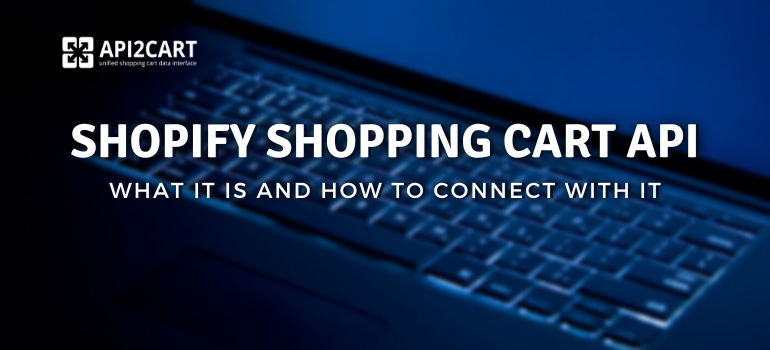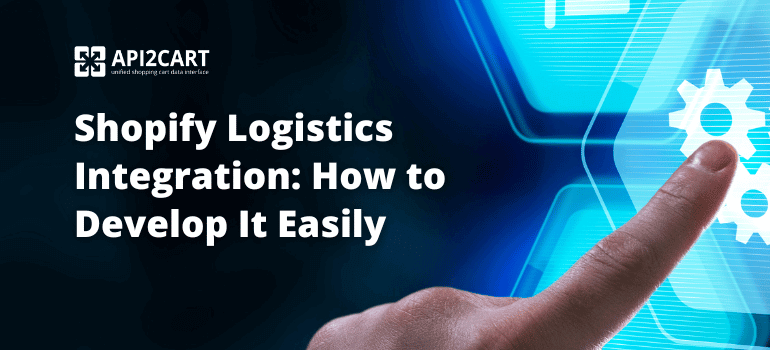
The connection with Shopify or similar popular platforms is a strategic necessity for eCommerce logistics software providers. In this article, we explore the complexities of Shopify logistics integration by guiding developers in building a seamless connection between their software and this platform.
Right from order processing to stock management, a well-designed logistics integration with Shopify creates endless opportunities. It both improves the performance of your logistics software and equips merchants with the ability to control their shipments seamlessly. Come with us on this journey to Shopify logistics integration and learn about key concepts and proper practices. At the same time, whether you are a battle-tempered developer or just starting your trip towards eCommerce logistics integration – this is our key aim to provide such an article as a thorough guide for the ultimate success of Shopify integrations.
Why Logistics Software Needs Integration with eCommerce Platforms
The integration of the logistics software with eCommerce platforms is an essential key for organizations that provide logistic solution which seeks to offer a wide range of services as demanded by modern business needs. This integration addresses several critical issues and opens up a host of benefits to ensure smooth, efficient supply chain execution. So, let’s take a look at convincing reasons why logistics software has to be integrated with eCommerce platforms.
In the first place, integration allows logistics software to integrate with eCommerce platforms and streamline order processing workflows. Integration offers access to crucial data insights gathered from the entire process of the supply chain.
Second, integration results in instant syncing of inventory information between logistics software and eCommerce websites.
Logistics software integration with eCommerce platforms allows one to get order details that allow route planning and reduce delivery time. Logistics companies can provide customers with up-to-date, real-time information about a shipment’s status and position within the supply chain that promotes visibility into processes.
Smooth integration helps provide a better customer experience since orders are delivered on time and with the correct products.
The logistics software vendors that provide a smooth integration help the eCommerce businesses to have all tools needed for meeting customer requirements, leveling their operations functioning and compete successfully on the market.
Overview of Shopify Logistics Integration and Its Importance in eCommerce
In the ever-evolving world of eCommerce, the seamless integration of logistics solutions with platforms like Shopify has become essential for success.
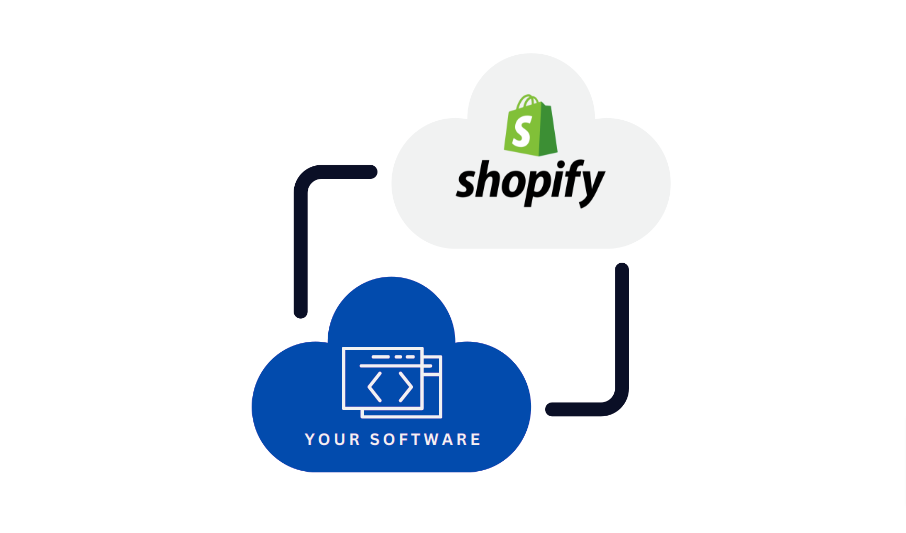
Logistics software integration with Shopify explains how connective logistic management systems cooperate to work in harmony with the eCommerce platform of Shopify. This union enables further enhancement and automation of several operations within the order fulfillment and logistics procedures, contributing to greater efficiency along with customer satisfaction. The integration is an adaptive process where system data and real-time communication between the logistics software and Shopify support seamless operations.
Benefits of Shopify Logistics Integration
Let's explore all the benefits of developing the integration with Shopify for logistics software providers:
- Market Expansion: By connecting to Shopify, your software will benefit from many potential users it opens new growth avenues and gives a broader marketing acceptability.
- Increased Profits: A higher number of clients leads to a profit increase for your logistics software firm.
- Data Access: Shopify integration allows the data exchange for analysis to achieve knowledge about how shipping dynamics behave and challenges within industries. This information helps you enhance your software offerings and grow feature sets.
How to Integrate Shopify with Logistics Software
API2Cart provides an all-in-one solution that makes it easier to integrate Shopify and logistics software. With the help of API2Cart, integrations may be created between logistics systems and various eCommerce solutions such as Shopify.
API2Cart provides a single integration mode for logistics software, thereby avoiding individual development and maintenance of connections for each eCommerce platform including Shopify.
Logistics software providers can easily implement and manage connections with Shopify as API2Cart reduces the amount of time that is required for development without increasing costs per individual integration.
API2Cart is designed to integrate with numerous eCommerce platforms and works well for different online stores. This is important for logistics providers catering to a variety of eCommerce customers.
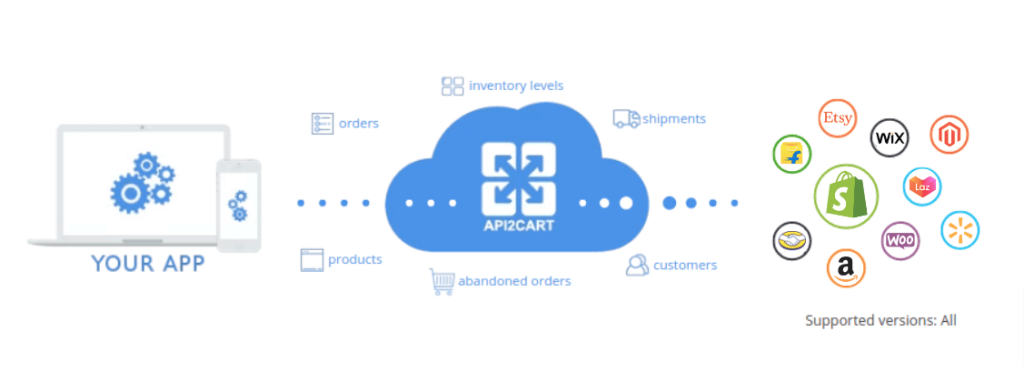
API2Cart provides logistics software with essential Shopify data such as orders, products, customers’ info, and stock. The real-time data exchange actually improves logistics operations.
Logistics providers are provided with timely information about tracking orders, levels of inventory as well as shipping details by Shopify. This guarantees prompt and dependable logistics service.
API2Cart provides exceptional technical support, allowing logistics software providers to resolve any integration-related issues quickly.
Conclusion
In conclusion, API2Cart serves as a powerful facilitator for logistics software providers looking to integrate with Shopify and other eCommerce platforms. Its unified approach, broad platform support, and efficient data exchange capabilities empower logistics providers to offer seamless, data-driven services to their eCommerce clients.
To start using the service for free, you need to register your account on the service with the help of our specialists.
